In Materialists, Dakota Johnson stars as Lucy, a matchmaker forever trying to crack how modern dating requires participants to define and quantify their desires. Hopeful singles tell her what they want from a mate: How tall they should be, how thin, how rich, how bald, how spontaneous and so on. In turn, she balances what’s available with what’s possible and compatible, attempting to make a long-lasting match.
While professionally pairing clients, Lucy reckons with her desire to be financially secure, which forces her to choose between two very different love interests: The wealthy and kind Harry (Pedro Pascal) and her fiery but constantly underemployed ex-boyfriend John (Chris Evans). In theaters on June 13, the movie is a sociological exploration of ambition, money, desire and, most obviously, the broken state of dating.
Dakota Johnson and Pedro Pascal in Materialists. (Atsushi Nishijima/A24/Courtesy Everett Collection)
Love bombing, situationships and apps, which, according to Pew Research data from 2023, three out of every 10 U.S. adults have used, are fueling what’s being called a romantic recession. Services like Tinder, Grindr, Bumble, Match and many more streamline the dating process by asking forthright questions and encouraging people to fill out profiles showcasing their best features and nonnegotiables. But while ease and convenience were promised when these sites were first introduced — Match.com in 1995; Grindr, the first major mobile dating app, in 2009; and Tinder, the first mainstream swipe-based app, in 2012 — according to Brie Temple, chief matchmaker at the dating service Tawkify, dating apps are starting to “feel like a full-time job with no reward.”
It’s perhaps this crisis that’s fueling the current cultural fascination with matchmaking, as evidenced by not just Materialists but multiple new books and TV shows. Dolly Chua, the chief matchmaker at GaiGai, is featured on TLC’s Match Me Abroad, which premieres on June 22. She gets the intrigue — it’s “usually a private and personal experience.”
“When it’s brought out into the open for everyone to watch, that’s where the excitement lies!” she excitedly tells me. “For those seeking a serious relationship but unsure how or where to begin their dating journey, the process can often feel overwhelming when done alone. That’s where a matchmaker can offer a solution.”
Curiosity may draw eyeballs, but matchmaking “truly works,” according to Adam Cohen-Aslatei, the CEO of matchmaking company Three Day Rule — and has for hundreds and hundreds of years.
“Every culture except for Americans has matchmaking as a foundational component,” he tells Yahoo Entertainment. “When the community is involved in your love life, it actually works. Divorce rates are way lower. People are happier because your family and your friends have your best interests at heart.”
It takes a human touch to truly crack attraction, and Cohen-Aslatei insists matchmaking has a much higher success rate compared to dating apps. “There’s not any amount of inputs that you’re going to put into an app for someone to really understand who you are as a human being and be able to find someone else for you, which is why I don’t think anything will be able to really replace matchmaking,” he says.
Maria Avgitidis, also known as Matchmaker Maria, published her bestselling book Ask a Matchmaker in May. Between her personal matchmaking work and the dating advice she provides online, she believes she’s influenced between 3,000 and 4,000 people to get married. “I don’t count anymore,” she laughs.
The matchmaking industry took a hit when dating apps really took off in the 2010s, she tells Yahoo Entertainment, but since then, she’s also gotten phone calls every single day from people complaining about how they’re fed up with swiping. Another big part of her job is helping people “face reality” — her clients will be able to find a dream guy, but he might be older than them, shorter than they think they like or a single dad when they didn’t think they’d be open to that.
According to Avgitidis, compatibility isn’t even the most important thing. Mutual respect, an understanding of healthy communication patterns and conflict resolution skills are also crucial. After all, marriage isn’t just about love.
“My grandmother was a matchmaker during wartime … and yet she managed to connect families with each other because that was what marriage was, right?” Avgitidis says. “I know we like to think of it as a love thing, but it wasn't a love thing for almost all of human history. It was a contract between two families to create an alliance and possibly create an economy. It was an instinct for survival.”
Shows like Match Me Abroad and The Millionaire Matchmaker are reality television, whereas Materialists is a fictional romance inspired by writer-director Celine Song’s experience briefly working as a matchmaker in the 2010s. She told Entertainment Weekly that she “learned more about people and what’s in their hearts than I have in any other period of my life.”
It’s in the drama department where real matchmakers take issue. Avgitidis and Cohen-Aslatei, who have both seen Materialists, appreciated the representation of their profession on its surface but had qualms about Lucy’s skills as a matchmaker. It’s not always like this.
“There were parts of the movie that were insanely accurate, but there were other parts where I was just like, ‘That’s not been my experience,’” Avgitidis says.
When Lucy goes to great lengths to understand her clients’ desires, make good matches and call both parties after their first dates — that’s accurate. The depiction of the burnout that Lucy experiences is also extremely real, Avgitidis explains.
“In our industry in general, the rule is you’re not a real matchmaker until you hit 18 months, because 99% of matchmakers fall off the face of the planet … it’s burnout,” she says. “Emotional bandwidth is a real thing.”
Without revealing any spoilers, one of Lucy’s matches goes so horribly awry, the fallout made Avgitidis feel “embarrassed to be a matchmaker.” Lucy failed her client by not spending enough time taking notes and truly getting to know her potential date.
Dakota Johnson and Chris Evans in Materialists. (Atsushi Nishijima/A24/Courtesy of Everett Collection)
“Every professional matchmaker I know writes essays on their potential matches and puts them on the computer so other matchmakers know what you’re doing,” Avgitidis says, drawing a contrast with Lucy’s few lines about a client scribbled on a notepad.
Cohen-Aslatei agrees that part of the movie was “cringey” and “highly rare” for the industry. He enjoyed the parts of the movie that reflected how invested matchmakers are in the success of their clients’ relationships. Every Monday at Three Day Rule, all 60 employees hop on the phone and share their success stories.
Some of the challenges felt accurate to him too. “Clients [sometimes] come to you with an expectation, like, ‘I know exactly what I want, here’s 17 pages, give me all this stuff! I’m giving you all this money so you can just build me a spouse,’” Cohen-Aslatei explains. “We talk them through their preferences … what kind of relationship they’re looking for and what they want to be in five years, then we backtrack to see what requirements they have to get to that healthy, successful relationship.”
Regardless of how matchmaking is represented on our screens, it isn’t going anywhere. “There is a constant cycle of matching, small talk and worthless conversations that go nowhere. Many of those coming through our door share their burnout from the emotional merry-go-round, especially when they feel matches are promising but do nothing more than amount to nothing serious,” Tawkify's Temple says. “Industry-wide, our feedback is the same: While apps have opened up more people, they have diluted the richness of relationships.”
Matchmakers want to give people that “richness” back. Could pop culture give the industry the boost it needs?

 Movie
Movie 3 months ago
150
3 months ago
150 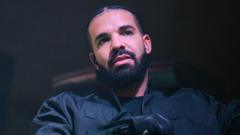
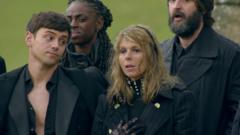
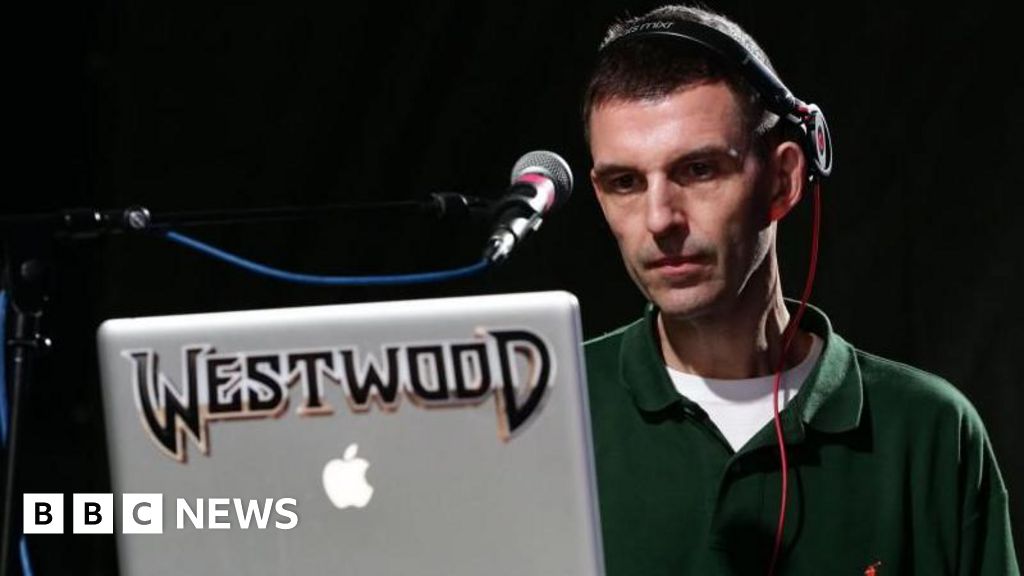

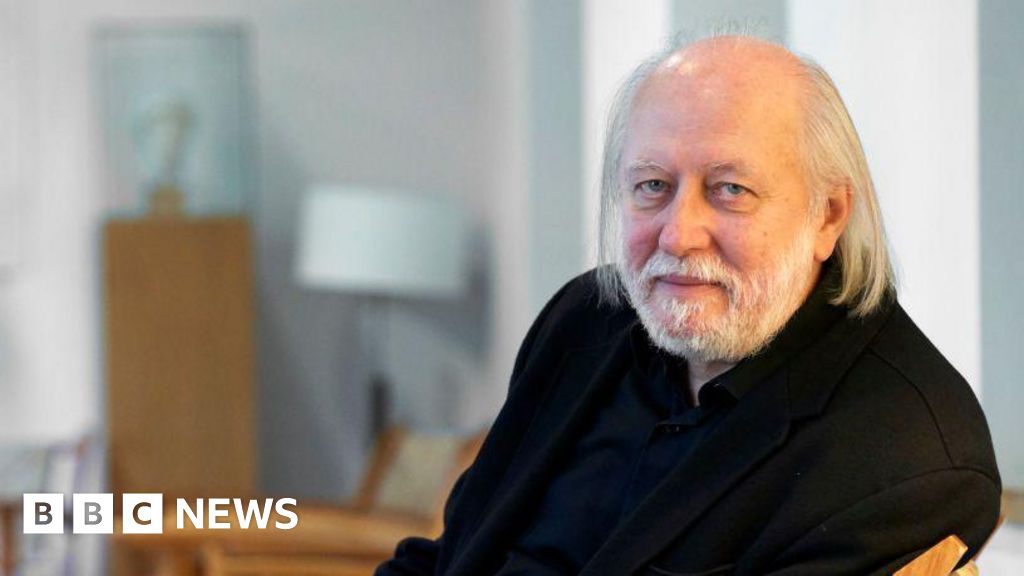
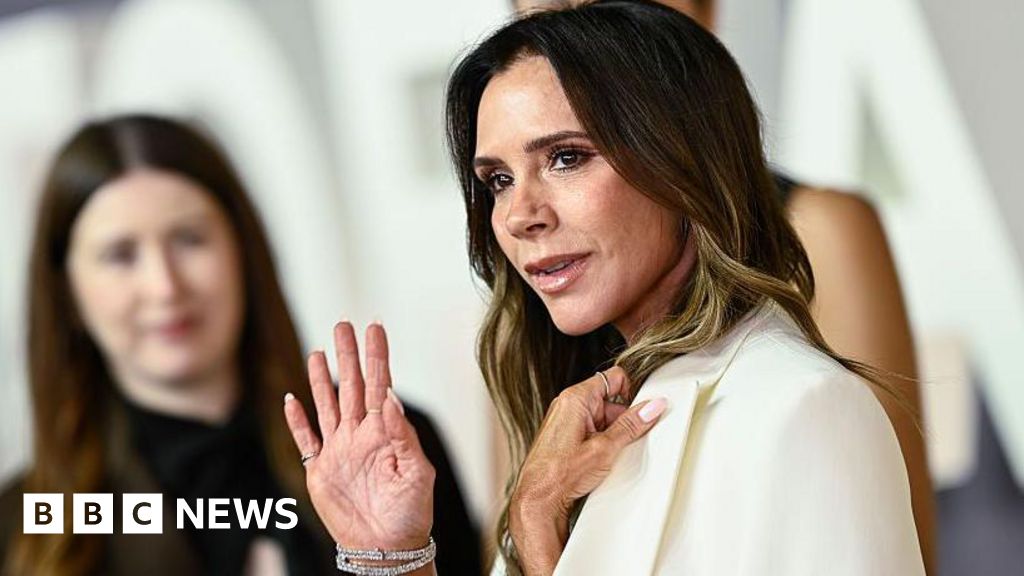

![Presidents Day Weekend Car Sales [2021 Edition] Presidents Day Weekend Car Sales [2021 Edition]](https://www.findthebestcarprice.com/wp-content/uploads/Presidents-Day-Weekend-car-sales.jpg)



 English (United States)
English (United States)